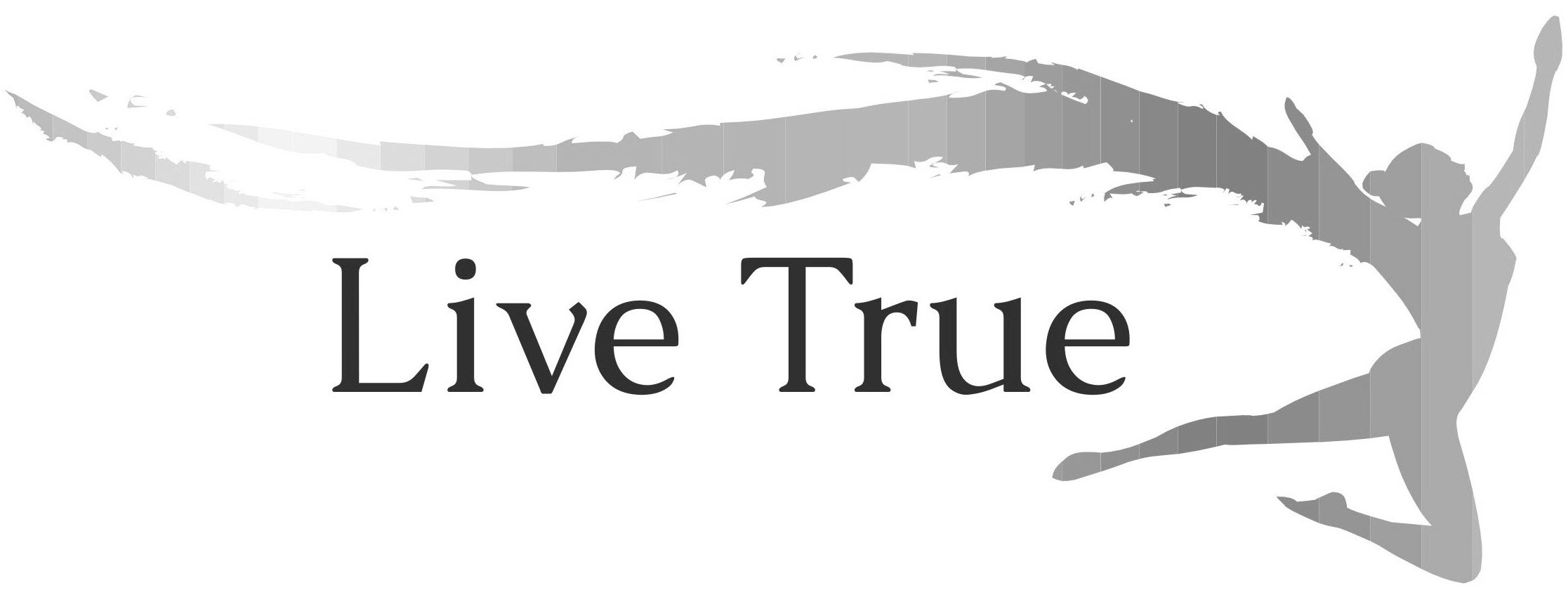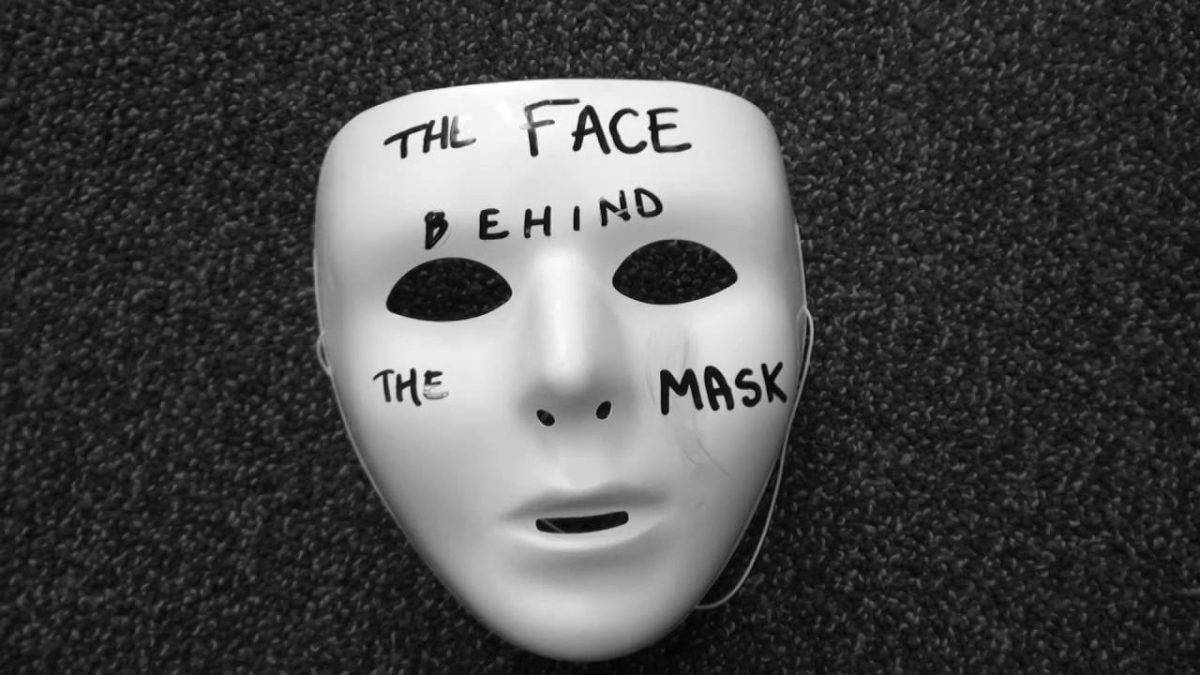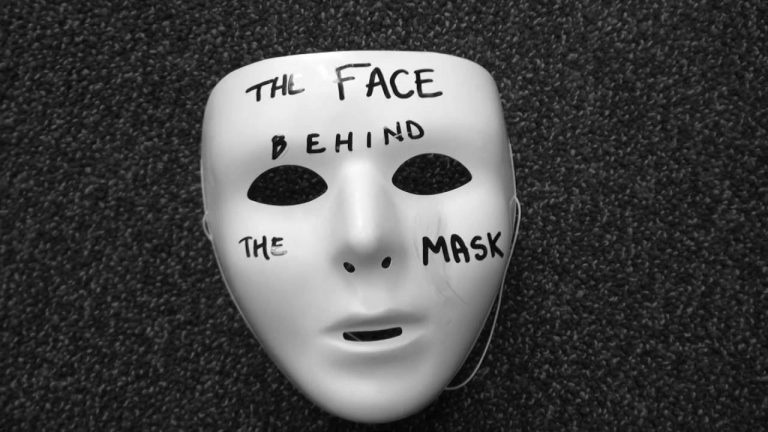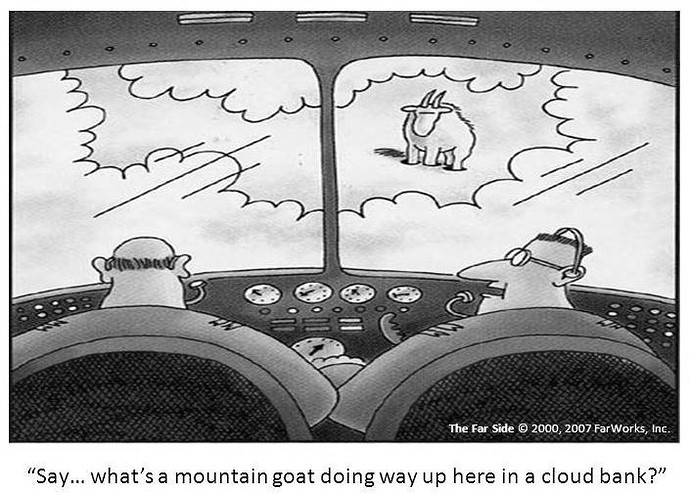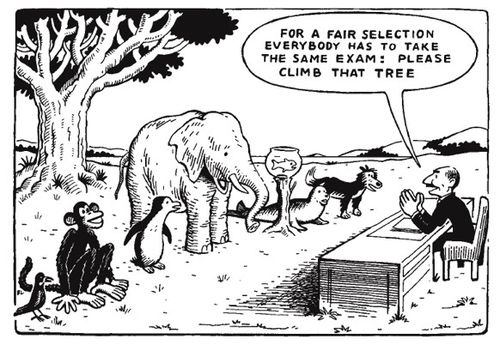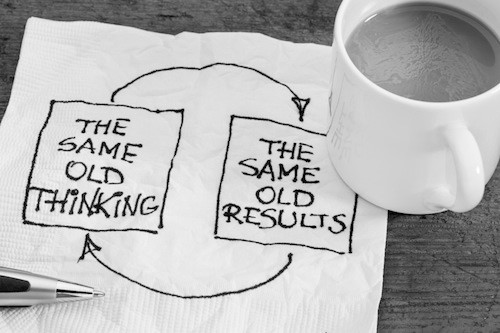How to achieve your greatest thing

A while back I wrote a blog about a question that leaves 99% of us feeling sure the answer is Not Yet!
The question?
Have you done your greatest thing yet?
Now this query isn’t intended to deflate or berate us. It’s not a stick to beat ourselves with.
Rather it’s a door opener to our imagination and gut instinct.
It has the power to ignite our excitement and interest.
If we allow it, it’s a call to action.
It prods us to consider the inspiring, purpose-filled possibilities that lie before us.
So quite an impact for a short question!
But it occurs to me that after giving this question some serious thought, it’s important to write about what comes after.
After you’ve allowed yourself to dream.
After you’ve admitted, even if just to yourself, what it is you really want to do or achieve.
Because let’s be honest, the dreaming bit is the easy part.
Once you have an idea that sets your heart of fire; one that you feel mentally and emotionally connected to, there are usually two stages that follow, each one more difficult than the last.
These stages are worth talking about as they have the power to act as huge deterrents, getting in the way or stopping you making progress altogether.
So I’m calling them out. Here goes.
Stage one might seem fairly simple, but for many the exact opposite is in fact true.
It involves sharing.
Horror of horrors, that means saying it out loud.
The minute you share your idea or long-term intention with at least one other person, mentally you’re connecting with it in a way that tells your brain this isn’t just a fanciful dream.
It’s something you want to make a reality.
It might feel far-fetched, and you might feel thoroughly uncomfortable voicing your improbable goal, but each time you say it you reinforce your intention to move towards it.
Importantly, sharing also creates accountability.
Again, this will probably feel pretty uncomfortable!
Once your ultimate goal is out in the wild, friends or family members are likely to ask you about it on a regular basis and enquire about your progress.
While discomfiting, their genuine interest will act as a healthy incentive, prompting you to take action, however small the steps might be.
Then comes stage two.
This is the mother of all challenges.
It involves taking a massive leap of faith.
That means taking some action towards your goal when you have no guarantee that it will work and no clear path to the end result.
Wait, what?
Yes, unfortunately you read that right.
The painful truth is that no matter how clear your intention, it’s highly unlikely there will be a neat breadcrumb trail that leads you directly, efficiently and successfully to its achievement.
I know. Nightmare.
Because of this, you’ll face two major risks in your quest to do your greatest thing:
Risk 1: You’ll fail.
Risk 2: You’ll look stupid (which for many people is almost worse than Risk 1).
Now I’m laying the risks bare because there’s no getting away from them.
For most, facing these and taking action steps anyway will feel like walking through a metaphorical ring of fire.
It’s no surprise that they stop a great swathe of people from chasing their dreams and reaching their highest potential.
But to take a stab at our greatest thing we have to face them up.
We have to find our way around them.
This often involves using coping mechanisms that give us the mental and emotional strength we need to keep going despite any knock-backs and failures we experience.
Before I give you a list of the things that I’ve found work for me, let me tell you that I have recently been walking through that ring of fire myself!
After announcing in my previous blog that I wholeheartedly hadn’t done my greatest thing yet, and saying out loud what my greatest idea was, I’ve been dancing around very uncomfortably in stage two.
What does that look like for me?
At first, great excitement!
In November an amazing friend and I scoped out a new joint venture.
In December and January we worked to produce our website: www.porcupinecollective.com.
In February we started work with an awesome 14-year-old who has never focused on himself his whole life.
In that time we hit two minor road bumps.
Registering our company and setting up a bank account took a ridiculous amount of time.
Then came a much bigger one.
We started to realise just how much work was required to run a 1:1 programme for kids, and how much time this was going to take to realistically get off the ground.
And then the whopper.
The grants and funding pots we are targeting are all prioritising digital solutions (which in hindsight is obvious, but in our excitement we hadn’t given much credence to).
You may picture me cringing hugely as I wrote that last sentence.
These learnings have meant we’ve had to rethink our strategy and priorities completely.
Arghh!!
So now we have a new plan.
One that doesn’t perfectly match our website yet.
And one that needs secured funding to get off the ground.
After the initial exhilaration and momentum, the hiatus caused by our essential rethink left me in a strange kind of limbo.
It felt like we’d climbed up several ladders but then landed on two snakes that sent us back to the start.
I experienced an unhelpful concoction of emotions – embarrassment, frustration, stupidity, futility.
Which meant the temptation was to put it off.
To let the unclear path and the mistakes made slow me down to a slow meander, and then a complete stop.
But…
I haven’t done my greatest thing yet!!
In times like these, coping mechanisms to navigate the road bumps and blocks are the difference between ultimate success and failure.
So here’s what I use that works for me, in case it helps you in your quest to achieve your greatest thing.
Because you absolutely can do it!!
Coping mechanism #1 – The Hero’s Saga
Tell the story of your quest towards your greatest thing to trusted friends or family members. Bring to life your challenges and describe your mistakes, all with the aim of entertaining them, rather than berating yourself! Find laughs in your blunders and share your treasured learnings. The more you share, the less impact your mistakes and any roadblocks will have on you over time. Instead, this approach normalises them and helps keep you moving forward.
Coping mechanism #2 – Feedback Log
Keep a log of everything you try that doesn’t work. Next to everything you write down, capture the key learnings from that failure, big or small. Not only does this force you to consider the positives from any mistake so that you don’t get caught in a spiral of defeat, but it also acts as a record of your efforts, showing you just how many steps you’ve taken towards your goal, and how your learnings have helped shape your current thinking and approach.
Coping mechanism #3 – The Breakdown
I’m talking about baby steps here, not a full-on meltdown! When things go wrong or don’t work it’s easy to feel overwhelmed and like your goal is impossible to achieve. But before you give up on climbing the mountain, try considering the next incredibly small step you could take, rather than trying to run to the summit. Tiny steps require less discipline and lower any feelings of futility. So ignore the end goal, think about the next small step you could action and do that. You’ll know it’s small enough if you feel no resistance to taking it. Tiny steps not only build momentum almost by stealth, but they create a real sense of feel-good that keeps you motivated to carry on.
Coping mechanism #4 – Winner’s Playlist
This is a fun one. Create a playlist with tunes that inspire you, motivate you and make you feel happy. Anything that builds you up and makes you want to move and take action. For me that’s a blazing mix of 80s classics, songs from upbeat musicals and the odd 90s boy band, but I appreciate my music taste is appalling!! Anytime you feel stuck, frustrated or deflated, put those tunes on and let them lift you up and work their magic.
Coping mechanism #5 – Work with a Coach
Sometimes it helps to embark on your journey with an impartial supporter. Someone who’ll help you navigate the tough times, give you the tools and techniques to power forward, help you formulate your plan, or keep you accountable. I’m blessed with a network of coach friends who do this for me, although I’ve also hired two amazing coaches in the past when I’ve needed specific help. If you want to make progress at the right pace for you, nothing beats it.
Coping mechanism #6 – Band of Cheerleaders
Carefully select and enlist your own group of cheerleaders. These are people who are on your side, are positive about and support your goal, help you draw out the learnings from any challenges, celebrate your successes, and who generally cheer you on as you keep taking new steps. Anytime you experience wins or setbacks, call one of them up or see them in person to share your journey. Whether they boost your energy, help you solve a problem, or delight at your progress, revel in how this feels and let it spur you on.
Coping mechanism #7 – Mirror, Mirror
This won’t be for everyone but I love the effect it has on me so I’m sharing it. Every morning, regardless of what’s going on or where you’re at, look yourself in the mirror, properly smile and take 20 seconds to tell yourself you’re amazing, you’re capable, you’re strong. Whatever words or descriptions you like that incite a feel-good feeling. Involve your feelings and emotions, using your imagination to really feel what you are telling yourself for a moment. Even if you don’t quite believe it, do it anyway. These affirmations slowly start to make an impact on your subconscious mind and the way you think. And that’s only ever going to help you on your quest towards your greatest thing!
P.S. If you’d like help identifying what your greatest thing is Work Wonderland will lead you to your own firm answer.
Or schedule a free 30-minute consultation call with me.
Recent Posts

City life to Rural Wales. A couple’s career and life change story
Major Life Change is Possible Do you dream of living a different kind of life, and doing work that incites joy and passion, but think

Making Feel-Good Changes. Philosophies on Luck and Risk
Happiness Propelled by Provocative Philosophies Do you ever wonder how to find the courage and resilience to make big work and life-affirming changes, when those

From Daily Fatigue To Energised Joy. My Career Change Saved My Health
Live your purpose and BE HAPPY Do you ever feel like your list of criteria for an ideal career and lifestyle might be far-fetched or
